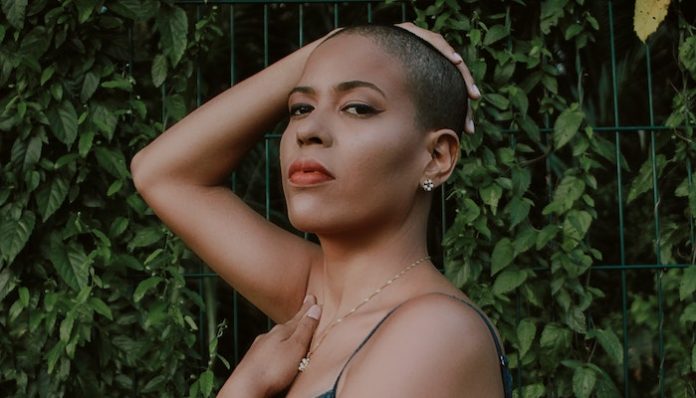
Lately, it seems that every month has a cause that helps bring awareness to the world. April is sexual assault awareness month, and it IS a big deal. Many think that to be considered “sexually assaulted,” you have to have been raped. That is not the case.
Let me continue this by saying this article can be triggering. So if you are a survivor of abuse or know someone who is, please proceed with caution.
Before diving headfirst, let me share some statistics about sexual assault:
- 1 in 4 females will be sexually assaulted before the age of 18.
- 30-40% of these abusers are members of the family.
- Many children in their lifetime will never disclose who the abuser was/is.
- Sexual assaults on a college campus are underreported and still remain at the top of the list.
- Eating disorders will sometimes occur after the event, as women hope that if they’re “heavy,” they’ll be undesirable, and no one will try to do it again.
This is to say that at least one girl in your friend group has been a victim. As women, we go through a lot. When it comes to abuse or unwanted sexual advances, there is always one person who has the audacity to ask, “What were you wearing?” or “Why did you lead him on?”
Come on, it’s 2022. And you’re going to tell me that even if I was wearing jeans and a baggy t-shirt, my choice of clothing resulted in a rape? Not likely! Let’s make this plain and simple for those who have a hard time understanding: No means no. Any form of contact that is unwanted can be considered assault. From touching your shoulder to a full-on make-out session — it all counts. If at any point in time you feel uncomfortable in your situation, get out. If the person respects you enough to stop, great. But that’s not always the case.
I am a survivor of abuse in many forms, and never did I think I would be the 1 in 4.
Abuse is already hard to pick up on. But when you add in the sexual aspect, it can become nearly impossible. Many women feel too ashamed to speak up, let alone call out the perpetrator. You feel responsible for what happened even though it was out of your control. You sometimes even wonder if you’ll ever meet a decent human to be romantically involved with. This is because trust issues become a huge dilemma, and many of us develop triggers that may never go away.
So I want you to know that you are not alone.
Please know that whatever may have happened to you at a young age or within the last six months is not your fault and never will be.
Are there going to be days where it’s hard to concentrate, and you’ll feel like your world is falling apart? Yes. But there will be days where you have it all together and feel stronger than you have felt in a long time.
Keep your friends close, and do not hesitate to reach out. It can be anyone — whether it’s a professional who can help you work through the event or someone who has been in your situation. It’s not going to be easy opening up about whatever happened, and there may be tears. But it’s going to get easier to share your story in time.
I may be a victim of more than one sexual assault, but I choose to let my voice be heard. I choose not to let my perpetrators know that they caused damage to me in so many ways they can’t even imagine. My writing and my voice are what help me get through the triggers. It also helps others realize they too can move past it.
So I want you to tell yourself something the next time you’re struggling with one of the memories and can’t seem to pull yourself out. Go look in the mirror and repeat to yourself: “I am worthy. I am loved. I am beautiful. I am resilient.” Trust me; you are all of those things, and that is why we are not victims but survivors.
Photo by Caique Silva on Unsplash


















